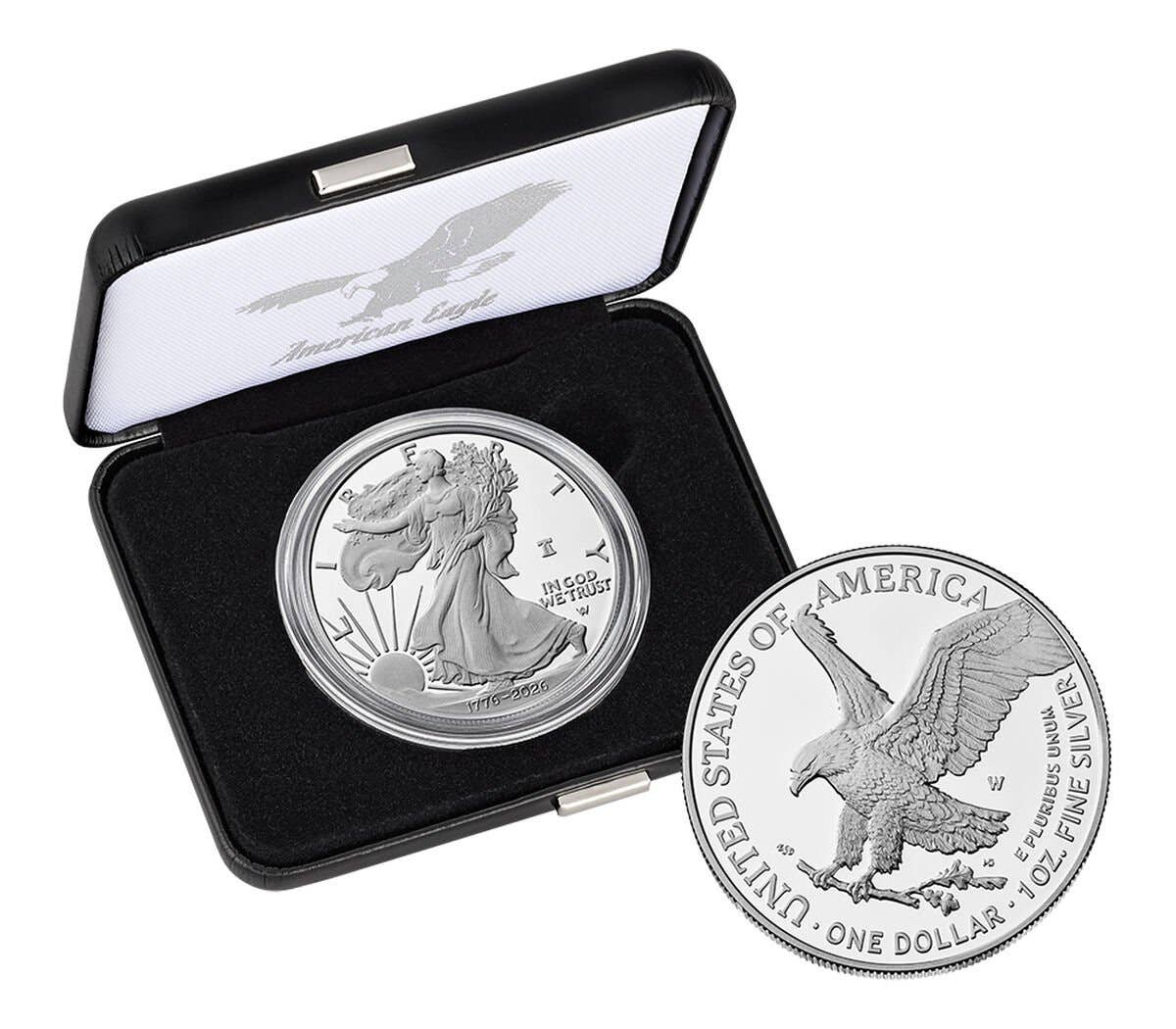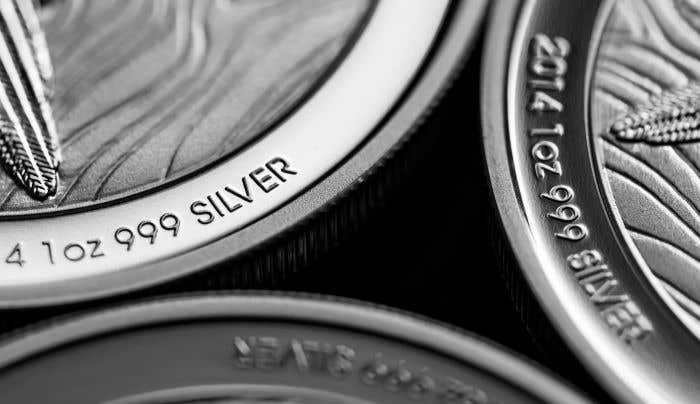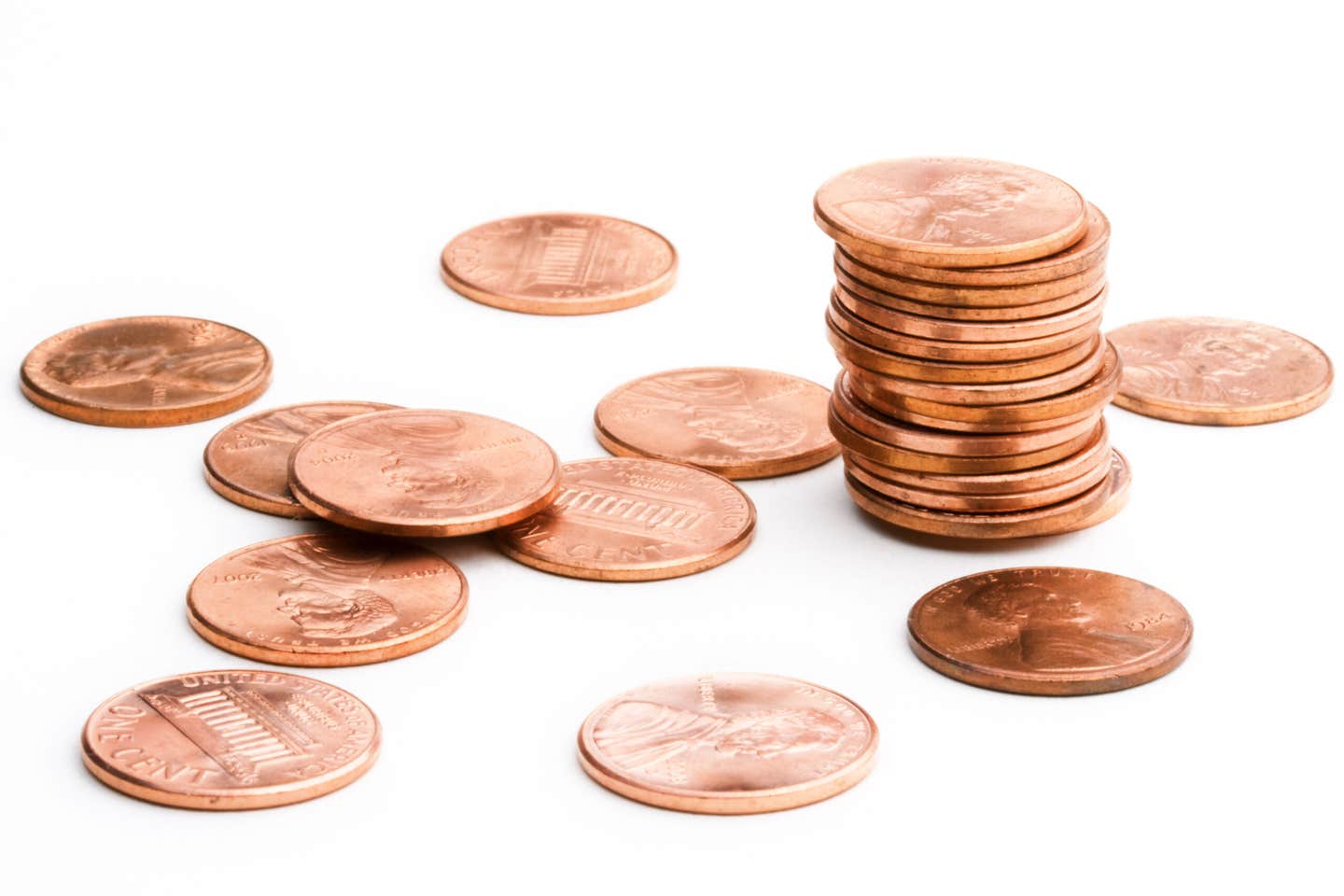Could Cryptocurrency Be Immune to Inflation?
As crypto adoption grows, concerns mount over stability, regulation, and the loss of physical value.
Cryptocurrency is a way through which you can pay online using anything as currency that is accepted digitally or virtually, using cryptography. Why would anyone use such a system?
Cryptocurrency can be, but doesn’t have to be, pegged to the U.S. dollar. The value of cryptocurrency can be based on anything, and the most dangerous part of that is that what it might be pegged to may not be something tangible. Until we entered the world of fiat money, our currency was pegged to precious metals. Germany stopped its post-World War I runaway inflation by tying its currency to government-owned real estate. We’ve experienced wooden nickels and merchant scrip redeemable for physical goods of the same value. What is different is that cryptocurrency is not tied to any banking system. This may make it more private to use. It might help someone avoid taxes.
Privately issued money has no guarantees. Privately issued money has no bank on which to rely. What’s worse is that the more the general public accepts these cyberspace payment methods, the more it drifts away from tangibles—specie.
Coin collectors are familiar with specie. Many collect or invest in gold, silver, or platinum composition coins. This is something tangible. Cryptocurrency makes no such claim. What is now to be watched is the crypto bills advancing through Congress, meant to regulate what has become the cryptocurrency “industry.” Cashless society advocates think specie is old-fashioned. Ask any country that has experienced hyperinflation how it feels to issue fiat money.
Cryptocurrency can’t be impacted by inflation? Don’t count on it.
You may also like:









